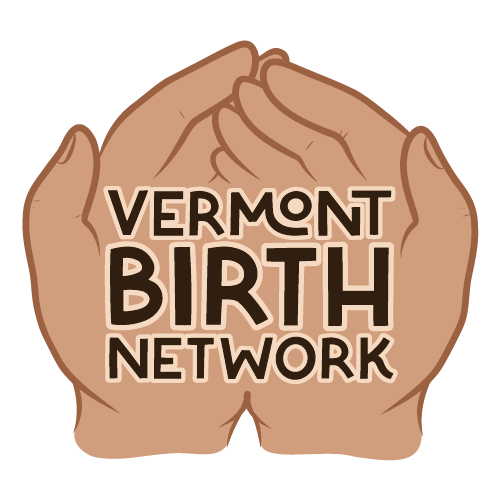Postpartum Depression: Myths and How You Can Support a Loved One
Postpartum depression (PPD) is a form of clinical depression that occurs after childbirth. Unlike the "baby blues," which typically involve brief periods of mood swings or mild sadness in the first few weeks after delivery, PPD is more severe and lasts much longer. It can interfere with a new parent’s life. Symptoms may include extreme sadness, anxiety, exhaustion, irritability, and a feeling of being disconnected from the baby. Though we focus a lot on postpartum depression, folks can experience depression at any point in the perinatal time. Many folks experience depression in the last weeks of pregnancy, so depression is not exclusive to the postpartum time.
Common Myths About Postpartum Depression
Myth: "It’s just the baby blues." While baby blues are standard and affect up to 80% of new birthing parents, postpartum depression is more intense and can last for months if untreated. PPD affects about 1 in 8 birthing people and requires proper medical attention.
Myth: "It only affects birthing parents." Though folks who give birth are most commonly affected, PPD can also affect non-birthing parents and adoptive parents. PPD is a condition linked to the stress and life changes of welcoming a new baby, regardless of the parent’s gender or if they gave birth.
Myth: "If you have PPD, you’re a bad parent." Having PPD does not reflect someone's ability to parent or their love for their child. It’s a medical condition that requires treatment, just like any other form of mental illness.
How to Support a Loved One with Postpartum Depression
Supporting someone with PPD can make a big difference in their recovery. Here are some ways you can help:
Listen without judgment. Let them express their feelings without interrupting or trying to “fix” things. Sometimes, being heard is all that folks are looking for. You can focus on asking open-ended questions such as “Tell me more about your days and “What is on your mind today? I’m here to listen.”
Help with daily tasks. Exhaustion is common with PPD, so offering to help with household chores, cooking, errands, or baby care can reduce stress. Organizing support can be hard for people experiencing PPD, so try to give tangible and simple offerings. For example, during a visit, you may say, “How about I wash up some dishes while you nap for a bit?”. This takes the onus off them and directs you to help them.
Encourage professional help. Encourage your loved one to seek therapy or speak to a healthcare provider. Therapy and medication can be effective treatments for PPD, and speaking to a trusted professional can be very helpful for people.
Be patient. Recovery from PPD can take time. Offer ongoing support and remind them that it’s okay to take things one day at a time. It may be helpful to say, “I care about you just as you are; you don’t have to make everything pretty for me.”
What to Say to Someone with Postpartum Depression
When talking to someone with PPD, your words can have a profound impact. Here are some things to say to provide comfort:
"I’m here for you; I want to hear what you are going through. Would you feel comfortable sharing what you are experiencing?"
"It’s okay to feel the way you do. You’re doing the best you can."
"You’re a great parent, even when it feels hard."
Avoid dismissive statements like "At least your baby is healthy" or "You should be happy; you have a baby!" These comments can invalidate their feelings and make recovery more challenging.
Supporting a loved one through postpartum depression takes compassion, patience, and understanding. By being present and offering help, you can be a crucial part of their healing journey.

